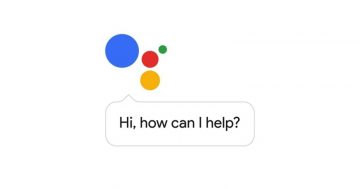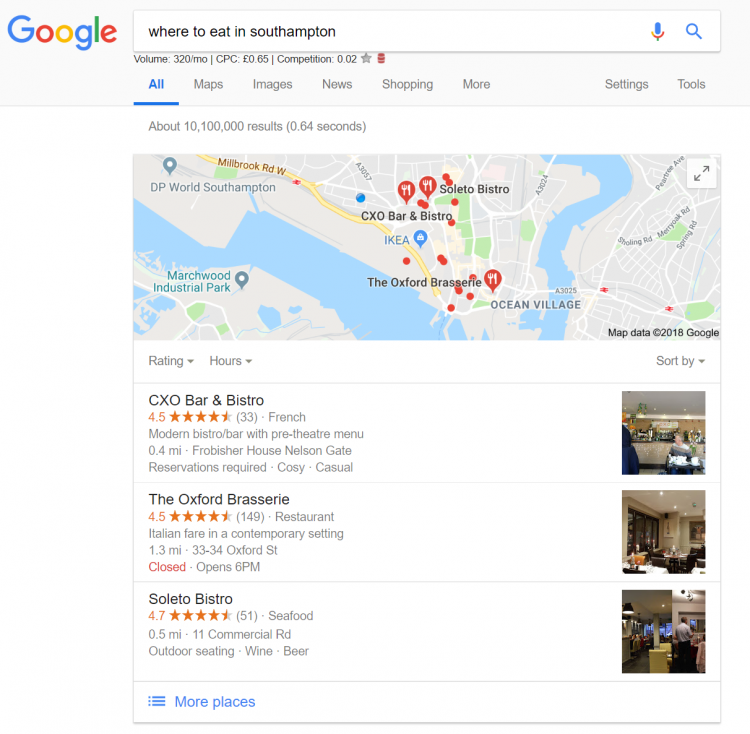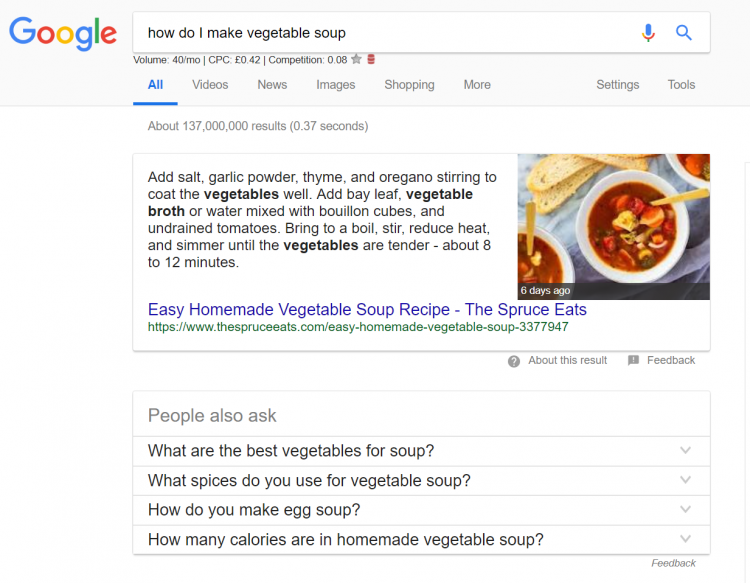Are you taking voice search seriously?
More and more users are taking to voice search in 2018, relying on vocal commands and Digital Assistants to handle their search queries.
According to Mintel, 62% of us (Brits) are using or happy to use voice-operated devices.
Did you know that Google Assistant is on over 500 million devices globally? The application is expected to be in over 80 countries and 30 languages by the end of 2018!
Digital assistants are changing the landscape of Search as we know it.
Google Duplex
Google’s CEO, Sundar Pichai unveiled a brand-new voice assistant, named ‘Google Duplex‘ at this year’s I/O Conference. This AI-based system carries out ‘real-world’ tasks over the phone such as booking a hair appointment or booking at table at your favourite restaurant.

This natural-sounding Digital Assistant can interact with others over the phone and have a complex multi—step conversation.
“The technology is directed towards completing specific tasks, such as scheduling certain types of appointments. For such tasks, the system makes the conversational experience as natural as possible, allowing people to speak normally, like they would to another person, without having to adapt to a machine.”
This clearly highlights where Google is headed – specifically focusing on interactions between local business and consumers.
Restaurant staff may very well soon be taking bookings and appointments from realistically voiced Google Assistants.
Is your local business ready for voice search?
Watch this video to see Google Duplex in action…
Voice Search & Position Zero
How does voice search work? Digital Assistants answer our queries using the contents taken from the top of search results, i.e position zero results.
Competitive and highly sought after, position zero (or Google’s featured snippets) allows local businesses an opportunity to own a certain niche.
What Can You Do To Take Advantage?
Research and discover the type of low-intent questions users ask Google – the ones that don’t currently appear in featured snippets. Once you have this, you will then want to create website content that satisfies those specific questions.
If all your questions have already featured, then simply look at the content already being displayed and create even better content on the same subject.
You will find that many featured snippets are incomplete, accurate or relevant so there will still be a window of opportunity. If you can create better content that includes structured mark-up, (easier for Google to understand) then you stand a good chance on achieving that top spot.
Boost Your Prominence
Want to be found for local search results? When users ask for local business, Google’s voice assistant will give them information taken from the local search pack.

If you want to be found then you need to boost your prominence. Reputation is a major factor for local rankings and voice search.
Look at reputation management and aim for more five star reviews. If you want to improve your chances of appearing in that three-pack and featured voice search, then you want people online to be talking about your business in a very positive way.
There are also other prominence signals that can affect you being featured in voice search results, such as mentions on Social Media and online listings.

Anything your business can do to increase local reputation, will have a positive impact on both search rankings and local voice search results.
What Does This Mean For SEO?
Voice search is set to become 50% of all searches made by 2020 so the traditional approach to targeting keywords for optimisation will need to change.
According to Forbes, we will see longer keyword queries being favoured, rather than specific keywords.
Search queries will become more complex.
If a question or query is indecipherable, you will be met with a suitable selection of options. This is of course thanks to Google RankBrain and other algorithms that specialise in understanding users complex queries.
Find out more about our SEO services.
Shorter Interactions
Voice searches are used for quick interactions such as finding a place to eat or where to go to the cinema. What does this mean? As user interactions grow shorter, marketers will have fewer opportunities to make an impression on web users.
Competition For Top Positions
Digital Assistants only relay information from top-position results. This means there will be more competition (and more pressure) to secure those top positions in the search engine results.
Local Intent
Voice queries will have local intent. Users will be using voice search on-the-go or from their homes so expect to see more local based queries.


